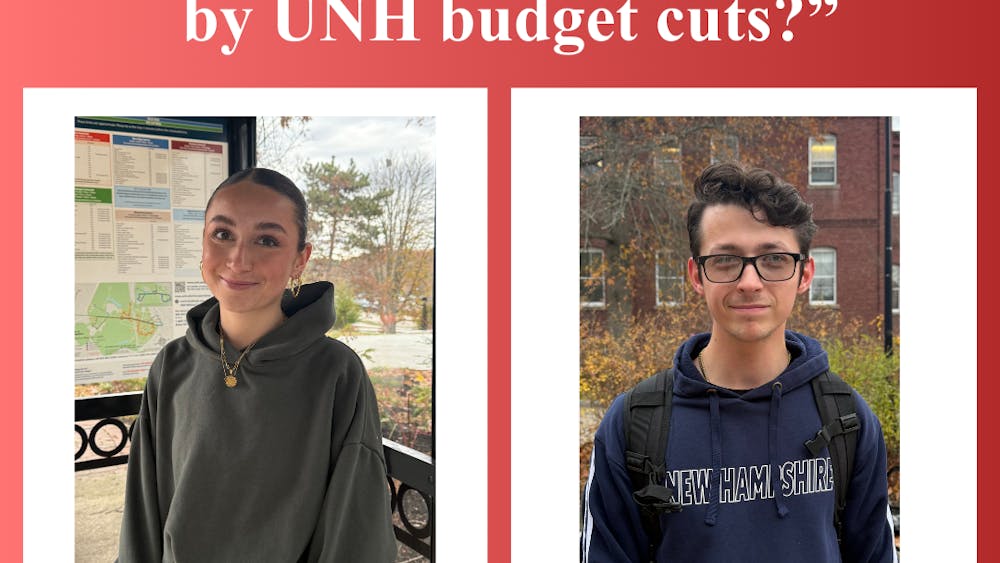For many, last weekend felt like the first time in a long while where we could breathe again. After an eventful four years culminating in a pandemic the likes we have not seen in a century, there has been an unrelenting flurry of scandals, new and unearthed injustices brought to the public consciousness, and the realization that our country is much more divided than many of us thought it was. It will make for an odd chapter in our nation’s history books to be sure. And although it’s not an extremely common saying, I have heard this adage crop up a few times within the past four years: “May you live in interesting times.” Hearing this phrase sparks two reactions in me that happen in quick succession- first, I think to myself “Huh, I guess this will stand out in history as an important moment!” Immediately after that thought though, the specialness of being another cog in the ever-moving clock of history feels nonexistent. Let future history classes “ooh” and “ahh” over the wildness of these times; we’ve had a decade’s worth of interesting events shoved into 2020 alone.
Let me clarify- this isn’t a call for inaction or maintaining the status quo because it may seem like the comfortable option. Progress oftentimes can be a series of big and exciting changes: new world-changing advancements, people banding together to make things right, people gaining rights, and making our society becoming a better and more equitable place to live in. But what makes “interesting times,” (at least in this moment of history) exhausting boils down to a couple of things:
- Society can easily regress, as demonstrated with rollbacks on rights and attempts to dismantle equitable legislation. And like a train wreck, this can be called interesting but it sure isn’t something that you would want.
- Social change is born out of necessity. While we should work to make this a better world for everyone, the circumstances that spawn “interesting and exciting” changes in our society, at least on a social level, tend to involve fighting against often oppressive and harmful forces. Finding change more exciting rather than an absolute necessity is a luxury.
Returning to the subject of our recent “interesting times” and focusing on the “interesting” regression, it can be argued that an obsession with controversial political figures who shake up the status quo for better or for worse (in this case, for worse) because they are interesting can just add to the problem. Of course, there is a duty by the journalistic media and debatably even entertainment media to comment on current events and figures, but when is it too much? Since 2015 I cannot remember a day when Donald Trump wasn’t one of the top stories of the day on the news. Even before he won the 2016 election, hours and hours of airtime were focused on him each day. While it would be naive to say that he alone instigated all of the divides in our country across party lines, would we be where we are and would he have been so successful if he had been given less airtime? If he was less of a novelty, not a reality star or cultural icon, not something “interesting” thrown into the presidential race, would he ever have had a chance of becoming president?
While the status quo is something that is ever-changing and forever in need of improvement, and certainly something that we shouldn’t grow complacent with even under new national management so to speak, I hope some aspects of life become mundane again. I look forward to slow news days that don’t make me wince. I look forward to commiserating with friends over small day-to-day things that don’t cause existential crises. I look forward to thinking about a pandemic exacerbated by government negligence in the past-tense. I look forward to a sense of calm. I look forward for chances for all of us to catch out breaths before we keep on moving toward a better future.












